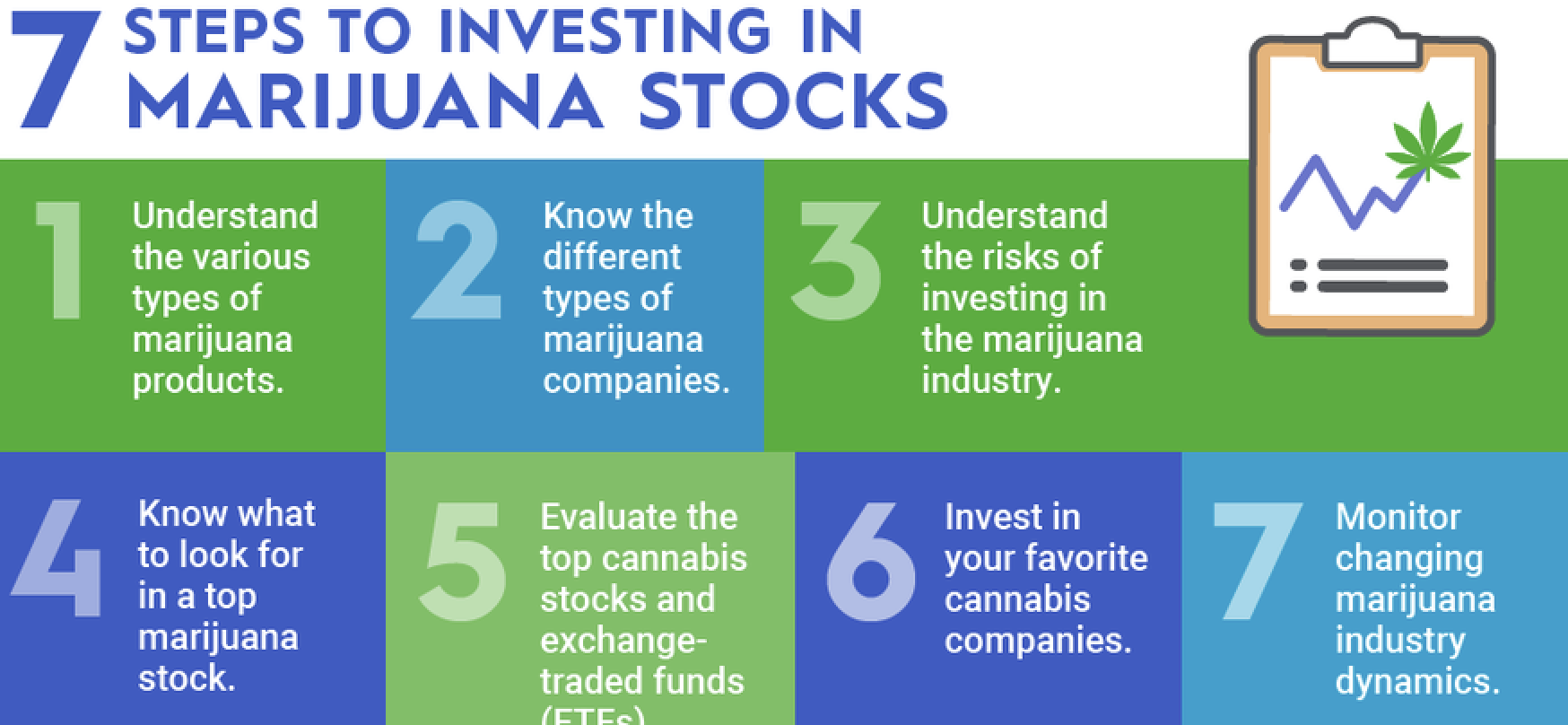Navigating the Cannabis Landscape: A Comprehensive Guide to Due Diligence for Investors
NEW YORK- The cannabis industry’s unprecedented growth trajectory has positioned it as a lucrative investment landscape. However, the nascent nature of the sector, coupled with regulatory intricacies and market uncertainties, underscores the critical importance of rigorous due diligence for prospective investors. In this comprehensive guide, we delve into the intricate steps necessary to conduct thorough due diligence before venturing into the burgeoning cannabis market.
Understanding the Products and their Regulatory Landscape
The cannabis industry operates within a complex regulatory framework, both at the state and federal levels. Federal prohibition continues to cast a shadow over the sector, with potential risks of asset seizure by the federal government. Successful due diligence demands a meticulous examination of the legal landscape, staying attuned to regulatory updates, and collaborating with experts intimately acquainted with the nuances of cannabis regulations.

Investors should scrutinize the target company’s compliance history, ensuring adherence to local and state regulations. Additionally, evaluating the company’s legal strategy and contingency plans for potential regulatory changes becomes a pivotal aspect of due diligence.
Analyzing Competitive Advantages of Companies
As the cannabis market matures, competition intensifies, necessitating a thorough analysis of the competitive advantages of potential investments. Scrutinizing factors such as intellectual property, proprietary processes, and technological innovations provides insight into a company’s long-term viability and ability to withstand market pressures.
Investors must assess a company’s market positioning and differentiation strategies. Understanding how a prospective investment stands out in a crowded market landscape is crucial for predicting its resilience in the face of evolving industry dynamics.
Evaluating Financial Stability & Industry Inherent Risks
The financial stability of a cannabis business is paramount for investors seeking long-term returns. Due diligence should encompass a rigorous examination of the company’s financial statements, cash flow projections, and capital structure. Given the historical hesitancy of traditional lenders to support cannabis ventures, a thorough understanding of the company’s funding sources is crucial.
Investors should probe the company’s use of capital, assessing how funds are allocated across key areas such as research and development, marketing, and operational expansion. Moreover, a keen eye on debt levels and liabilities is essential to gauge the company’s financial health.
Assessing Operational Capabilities- What to Look For?
The successful operation of a cannabis business relies on robust operational capabilities. Investors should scrutinize the company’s supply chain, production processes, and quality control measures. Understanding the scalability of operations is critical, especially for investors eyeing long-term profitability.
Due diligence should extend to evaluating partnerships and collaborations. Assessing the strength and reliability of the operating partners becomes imperative for investors considering a ‘Build and Operate for Long-Term Profitability’ strategy. Leveraging the expertise of operational partners is essential for mitigating risks associated with day-to-day business operations.
Conducting Market Research and Trends Analysis – Pick a Brand
A nuanced understanding of market trends and consumer behavior is indispensable for informed investment decisions. Pick your favorite brand and due some due diligence. Due diligence should encompass an analysis of market trends, demand projections, and potential disruptive technologies. Investors must assess the target company’s alignment with emerging market trends and its ability to adapt to shifting consumer preferences.
Furthermore, researching the competitive landscape involves evaluating market share, pricing strategies, and potential market entry barriers. An in-depth market analysis aids investors in projecting the growth trajectory of the target company and its ability to capitalize on emerging opportunities.
Environmental, Social, and Governance (ESG) Considerations
In the contemporary investment landscape, ESG considerations are gaining prominence. Investors in the cannabis sector should delve into the environmental impact of cultivation and production processes, the company’s social responsibility initiatives, and its overall governance structure.
Understanding the company’s commitment to sustainable practices, ethical business conduct, and corporate governance principles contributes to a holistic assessment of its long-term viability. ESG factors not only align with responsible investing principles but also serve as indicators of a company’s resilience and adaptability.
Engaging with Industry Experts and Stakeholders – Constantly Check your Assumpitions
A crucial component of due diligence involves direct engagement with industry experts, stakeholders, and regulatory authorities. Investors should seek insights from professionals well-versed in cannabis regulations, industry dynamics, and market trends. Establishing dialogue with key stakeholders, including customers, suppliers, and regulatory agencies, provides invaluable perspectives that complement quantitative data.
The Road Ahead: Informed Decision-Making for Long-Term Success
Investing in the cannabis industry demands meticulous due diligence that goes beyond financial metrics. Prospective investors must embrace a comprehensive approach that encompasses regulatory scrutiny, competitive analysis, financial assessment, operational evaluation, market research, ESG considerations, and stakeholder engagement.
The cannabis sector, with its promise of substantial returns, offers unprecedented opportunities for investors who navigate it with prudence and thorough due diligence. By undertaking a robust investigative process, investors can position themselves for long-term success in this dynamic and evolving market.



































